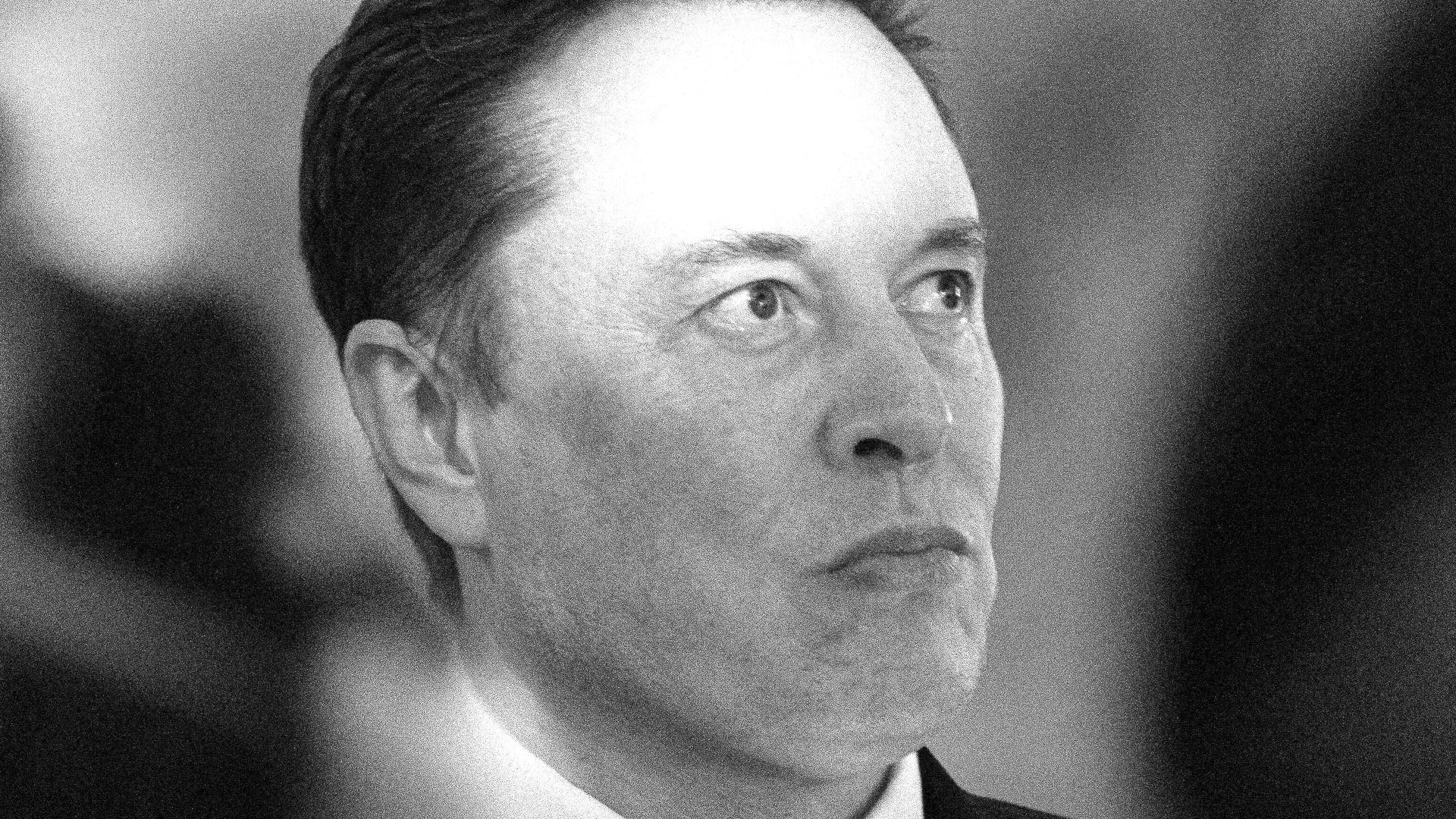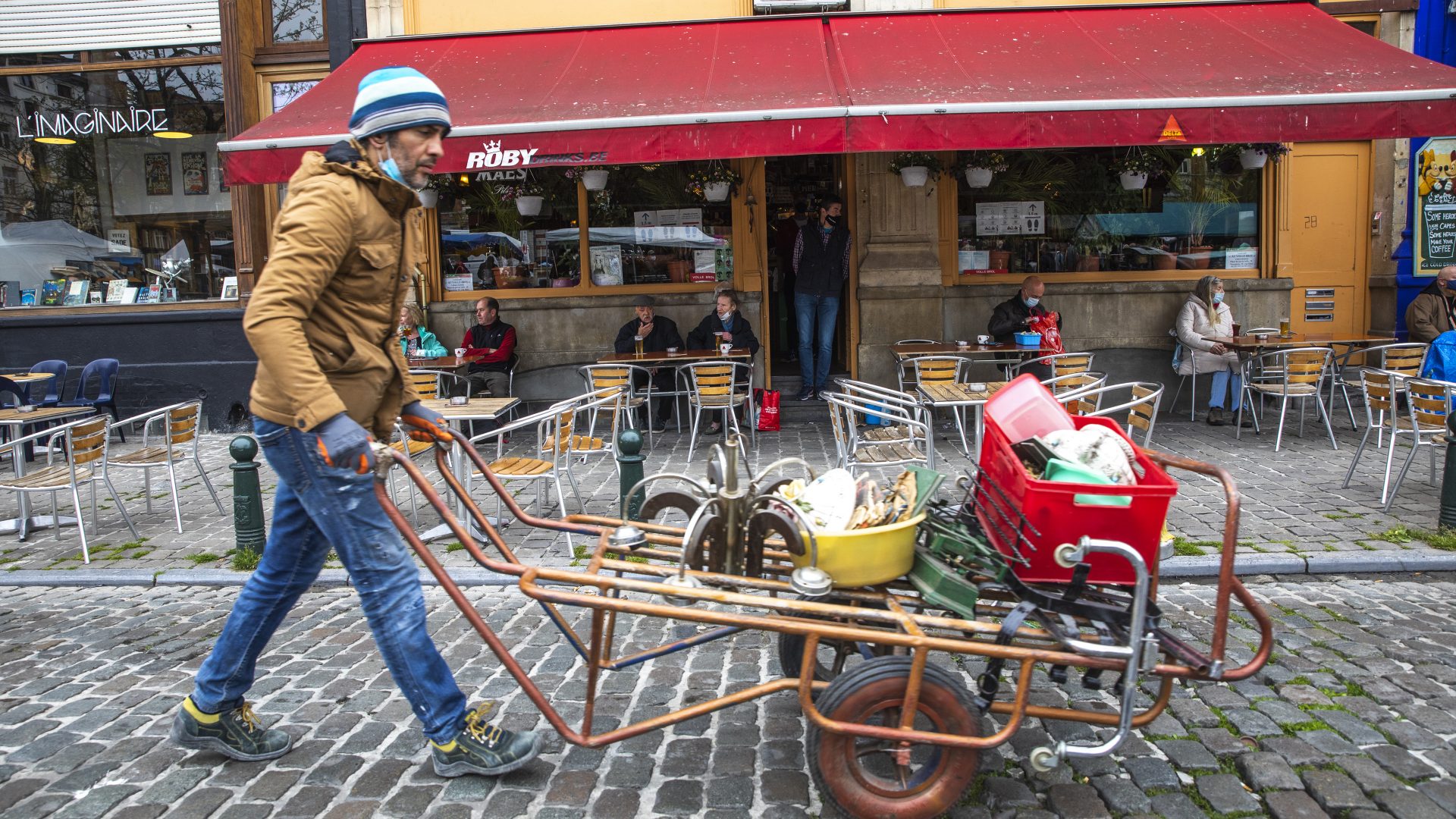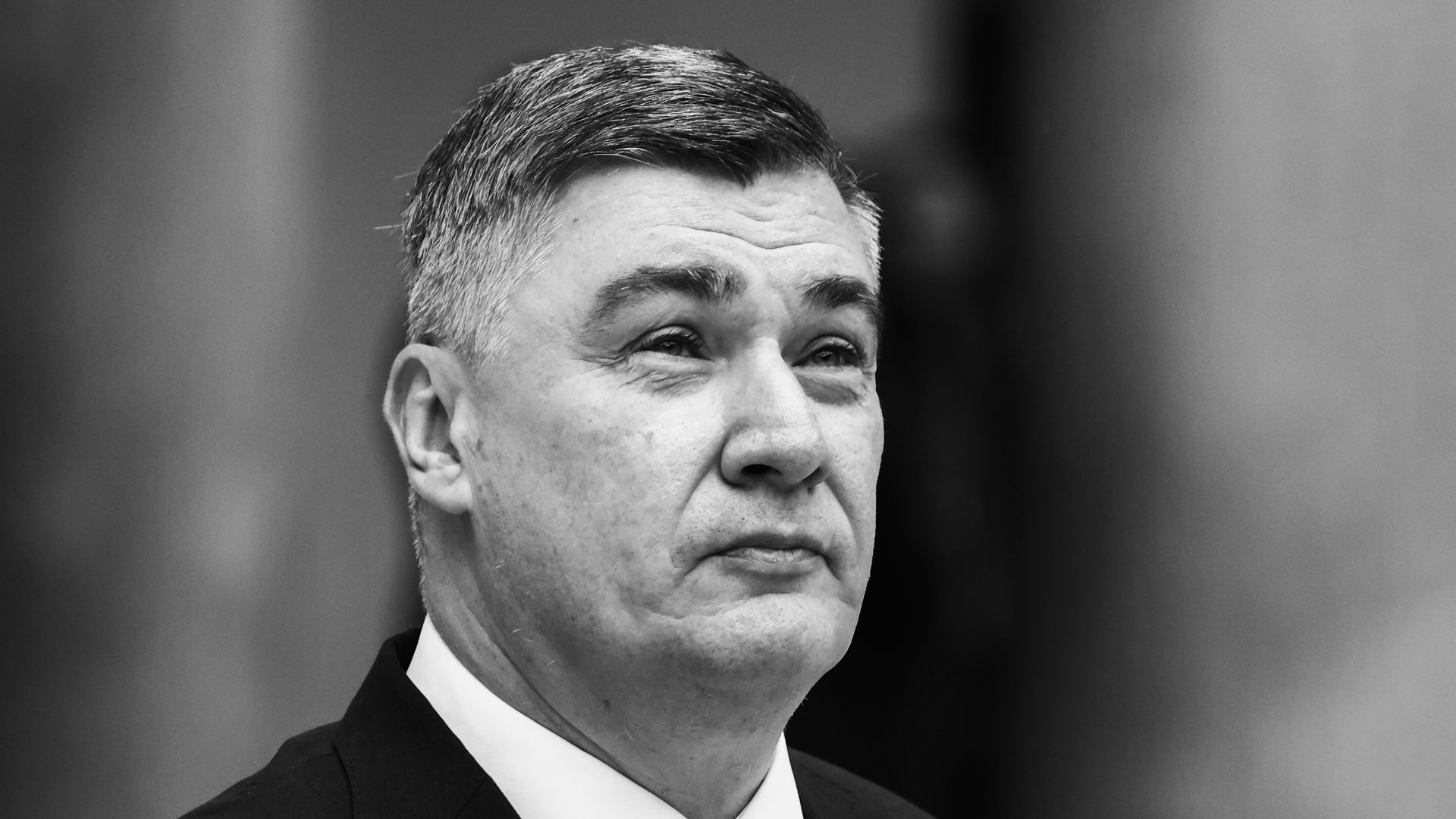Elon Musk and his company SpaceX were in the news again this month. The Starlink network is rolling out across Italy. If prime minister Giorgia Meloni and Musk shake hands on the five-year deal, worth over €1.5bn, it would bolster secure communications between Italian government officials, diplomats and the Italian military in the Mediterranean area.
“I thought it was as good as done,” said my friend Angela.
Many Italians thought a deal had already been reached largely due to Meloni’s impromptu Mar-a-Lago tête-a-tête with Trump earlier in the month. That was followed by Musk’s post on X a day later, reading “Ready to provide Italy the most secure and advanced connectivity!”
The Italian government brushed off rumours the same day Musk penned his post saying that nothing had been signed, while dismissing suggestions that the two leaders had discussed SpaceX as “simply ridiculous”.
Meloni herself chimed in to clarify the rumours recently by saying she had never spoken to Musk “about this” and that she does not make a habit of using her role to do “favours to friends”. And yet Musk has a habit of commenting on Italy – last year he got into a public debate over Rome’s migrant deal with Albania, criticising the Italian judges who ruled against it, all while praising Meloni. M&M seem to have a harmonious friendship (at least in front of the cameras).
Starlink has been in use in Italy since 2021 and has approximately 50,000 customers, according to the latest figures.
Last summer, a bill was approved by the Italian government, with article 25 requiring Italy to equip itself with a “reserve of transmission capacity through satellite communications”. This was in order to guarantee the functioning of strategic, military, and civil services in the event of a blackout of terrestrial internet networks, opening the door to private companies.
Pair these factors with Meloni recently stating that SpaceX has demonstrated to the government that it can provide secure communications, and it’s easy to see why some people thought the deal was set in stone.
But would there be any glaring downsides of using Starlink? First, the proposal directly coincides with the EU’s developing Iris² project, which is set to launch by 2030 with a constellation of 290 satellites. Much like the Starlink network, Iris² aims to provide government users with a secure connection.
Granted, five years is a fairly long time to wait, especially when there’ll be less of a wait for Musk’s network, notwithstanding prior project delays (Iris² was initially set for deployment in 2027).
While there have been no limitations outlined by the EU so far on just how many extra contracts member states can sign in addition to being part of Iris², it remains to be seen whether there will be an issue with a duplication of services should Italy go ahead with both and whether other EU members decide to sign up to Starlink afterwards, forming a sort of Musk monopoly.
And then there’s the issue of privacy. In the event Italy does accept Musk’s offer, what happens to the encrypted messages between government officials? Would they be stored on Starlink’s database? Would he have access to private government information at the snap of his fingers?
“Data would remain in the full control of Italian institutions, which would be able to use US technology but at the same time protect national interests,” said Andrea Stroppa, Musk’s reference point in Italy, on Italian state broadcaster RAI in early January.
As this assurance didn’t come directly from Musk, it’s hard to know if there’s any truth behind Stroppa’s statement. Moreover, news reports from last October stated that Stroppa was under investigation by prosecutors in Rome for alleged irregularities in procurement contracts relating to Starlink. He vehemently denies all charges.
Starlink could be of practical use to Italy – but the issue is not what is provided, but who is providing it. If Musk himself said that data would be in the control of Italian institutions, then a deal may have been signed sooner and people, Meloni included, may not be asking as many questions.
However, the more pressing question is this: what exactly is Musk’s endgame with Italy?
Jessica Lionnel is a freelance journalist living in Rome




